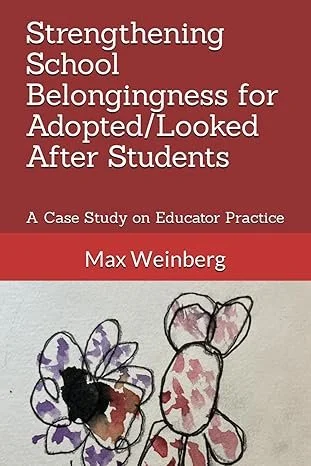-
The focus of this study was the pivotal role educators play in nurturing school belongingness with adopted/looked after (ALA) children. Enhancing educators' understanding and perspectives of ALA children and identifying practices to bolster ALA student sense of belonging and engagement, holds potential in supporting ALA children development.
This case study involved semi-structured interviews with ten educators who shared key characteristics: identities as adopted or previously looked after (APLA) individuals, personal experiences as ALA children receiving formal education, and roles as educators responsible for collaborating with ALA children’s families. This study concentrated on the middle childhood years, spanning ages five to 11. During these years, children acquire critical knowledge and skills, engage in social interactions, and navigate their school environment with more independence. The educators involved in this study have predominantly taught within this age range; though their contributions were valued for their capacity to deepen the study’s themes and the implications for effectively teaching ALA children. While the research examined educator practices, ALA children figuratively sit at its core. These children enter school with unique backgrounds, perspectives, and needs stemming from significant losses. Not all ALA children may express loss, but societal prioritization of biological family connections can make them feel different from their peers. The study is anchored in school belongingness theory.
Individuals who feel a sense of belonging to groups exhibit positive psychological functioning, including increased self-esteem, self-efficacy, and life satisfaction. The study explored attachment theory, human motivation, an ecological perspective, and culturally relevant teaching.
-
This book is personally signed by the author Max Weinberg and includes a free sticker!



